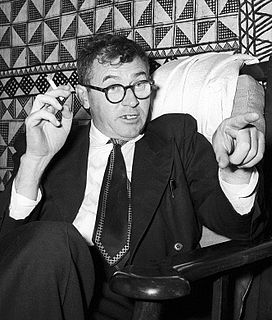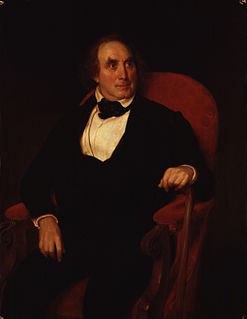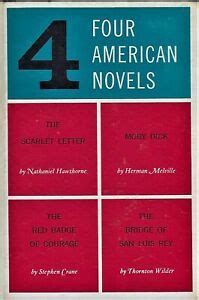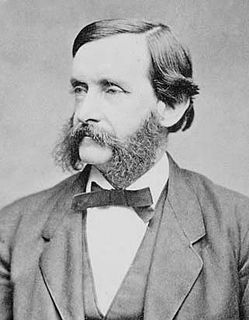A Quote by James T. Farrell
Fitzgerald describes the social disillusionments and ballroom romanticism of the young people of the upper classes and the loneliness of Gatsby, who gives large parties and has an extensive social life; yet he is lonely, and his guests scarcely know him.... Hemingway's characters live in a tourist world, and one of their major problems is that of consuming time itself. It is interesting to observe that his works are written from the stand point of the spectator. His characters are usually people who are looking--looking at bullfights, scenery, and at one another across cafe tables.
Quote Topics
Across
Another
Ballroom
Cafe
Characters
Classes
Consuming
Extensive
Fitzgerald
Gives
Guests
Hemingway
Him
His
Interesting
Itself
Know
Large
Large Part
Life
Live
Loneliness
Lonely
Looking
Major
Major Problems
Observe
Parties
People
Point
Problems
Romanticism
Scarcely
Scenery
Social
Social Life
Spectator
Stand
Tables
Time
Tourist
Upper
Upper Class
Works
World
Written
Young
Young People
Related Quotes
The longest time that man may live,
The lapse of generations of his race,
The continent entire of time itself,
Bears not proportion to Eternity;
Huge as a fraction of a grain of dew
Co-measured with the broad, unbounded ocean!
There is the time of man--his proper time,
Looking at which this life is but a gust,
A puff of breath, that's scarcely felt ere gone!
People do tell a writer things that they don't tell others. I don't know why, unless it is that having read one or two of his books they feel on peculiarly intimate terms with him; or it may be that they dramatize themselves and, seeing themselves as it were as characters in a novel, are ready to be as open with him as they imagine the characters of his invention are.
Man is, at one and the same time, a solitary being and a social being. As a solitary being, he attempts to protect his own existence and that of those who are closest to him, to satisfy his personal desires, and to develop his innate abilities. As a social being, he seeks to gain the recognition and affection of his fellow human beings, to share in their pleasures, to comfort them in their sorrows, and to improve their conditions of life.
Thomas A. Edison was once reluctantly persuaded by his wife to attend one of the big social functions of the season in New York. At last the inventor managed to escape the crowd of people vying for his attention, and sat alone unnoticed in a corner. Edison kept looking at his watch with a resigned expression on his face. A friend edged near to him unnoticed and heard the inventor mutter to himself with a sigh, "If there were only a dog here!"
A young professor I watched in action at one of our large eastern colleges used to stand with his back to the class and mumble explanations of blackboard problems. He was "let out" at the end of two years because students refused to attend his classes. He was given an evasive reason for his dismissal and he left with justifiable bitterness toward the administration. If someone had told him the truth he could have avoided this denouement. Sometimes professors go on for years without any conception of remediable faults which irritate their listeners.
Here's a strange fact: murder a man, and you feel responsible for his life - ''possessive'', even. You know more about him than his father and mother; they knew his fetus, but you know his corpse. Only you can complete the story of his life, only you know why his body has to be pushed into the fire before its time, and why his toes curl up and fight for another hour on earth.
Man is born an asocial and antisocial being. The newborn child is a savage. Egoism is his nature. Only the experience of life and the teachings of his parents, his brothers, sisters, playmates, and later of other people FORCE HIM to acknowledge the advantages of social cooperation and accordingly to change his behavior.
Many writers write across difference of one kind or another. Sometimes the difference is large and recognizable: gender, or race, or religion, or sexuality. And sometimes the differences are smaller. ... Where authors get into trouble is in trying to make those different characters stand in for whole groups of people, or for creating characters only to fetishize or explore their supposed otherness. Your character can be wildly different from you, as long as he's written with respect and, moreover, specificity.
In comparing these two writers, he [Samuel Johnson] used this expression: "that there was as great a difference between them as between a man who knew how a watch was made, and a man who could tell the hour by looking on the dial-plate." This was a short and a figurative statement of his distinction between drawing characters of nature and characters only of manners, but I cannot help being of opinion, that the neat watches of Fielding are as well constructed as the large clocks of Richardson, and that his dial plates are brighter.







































